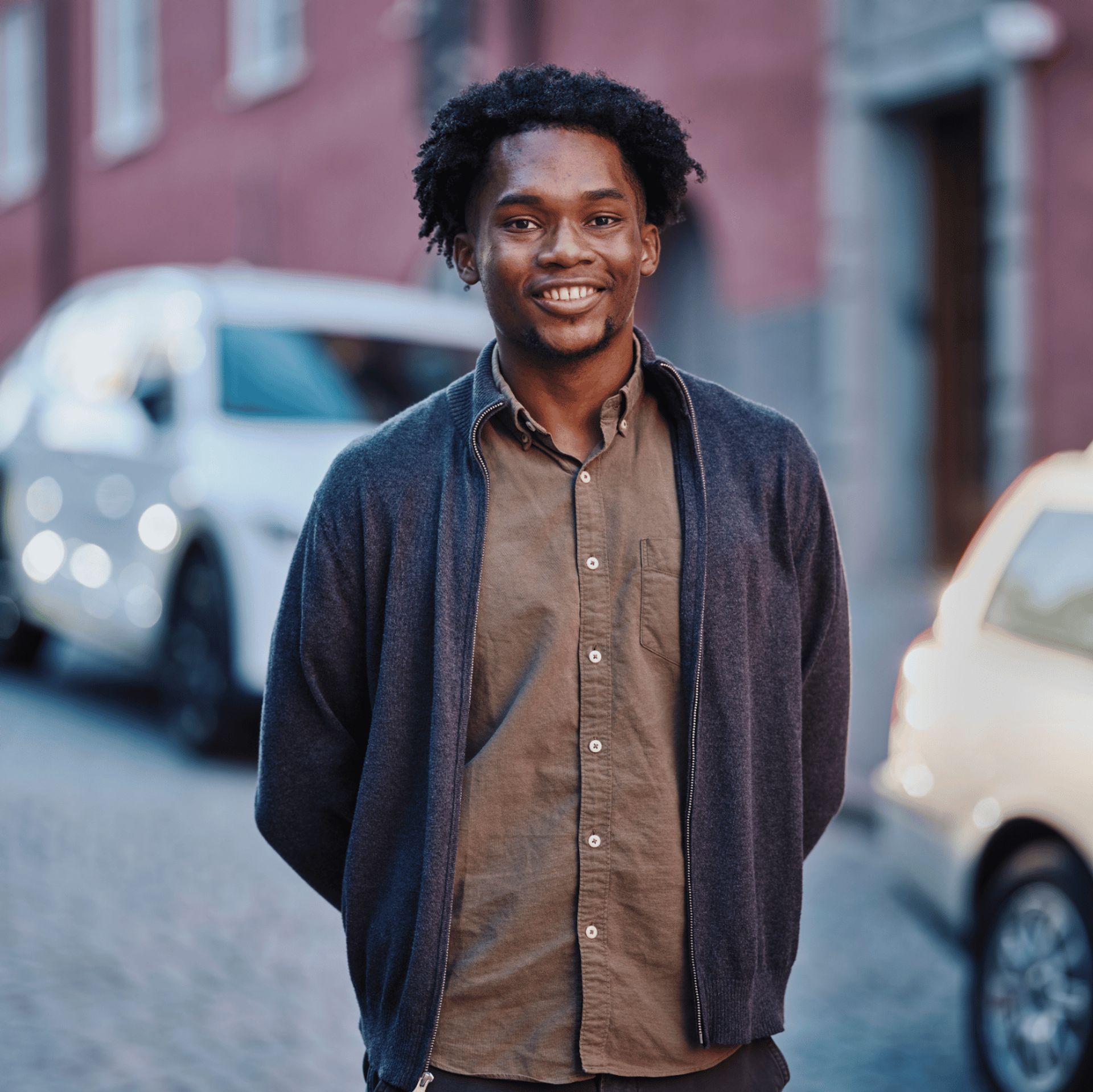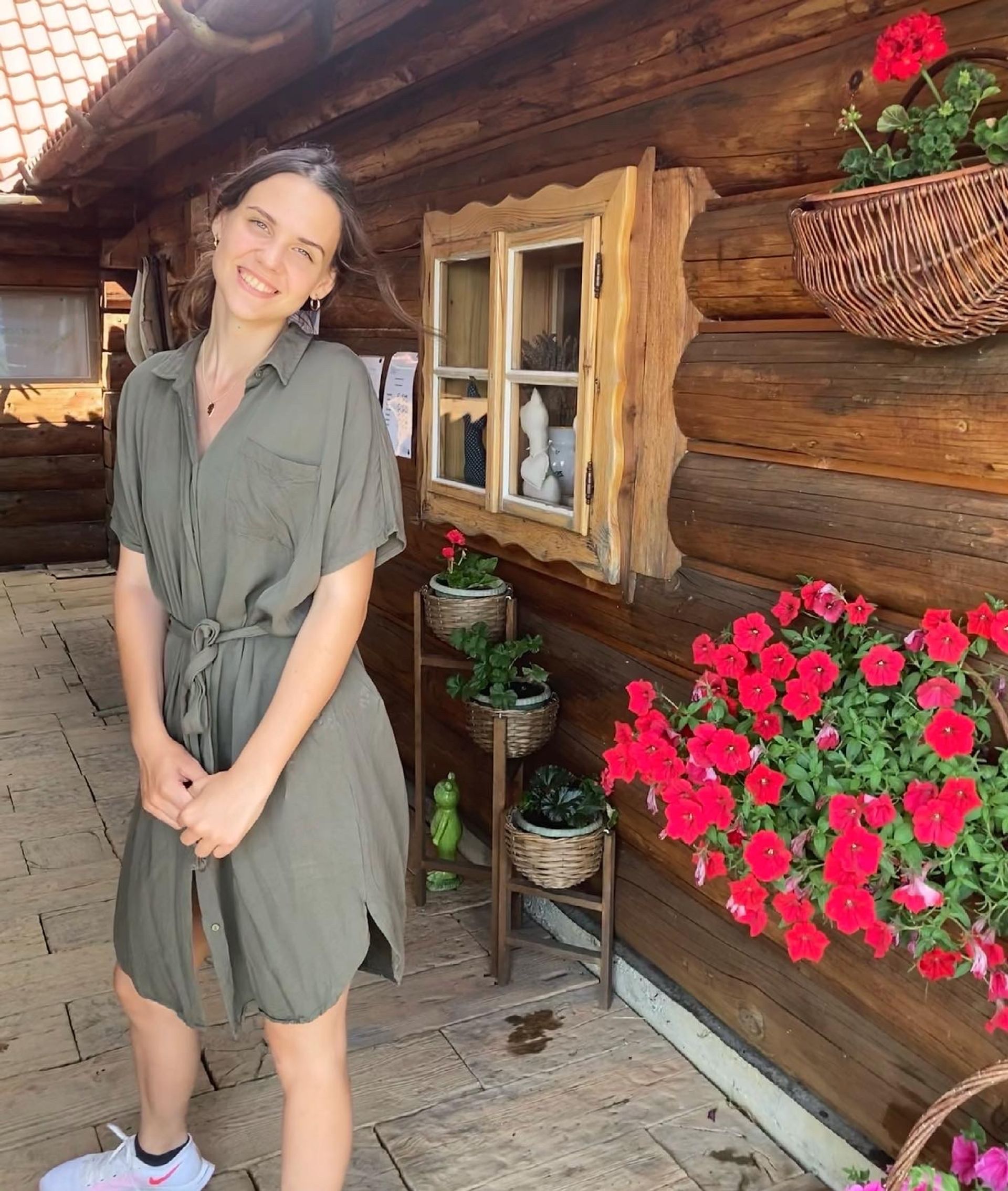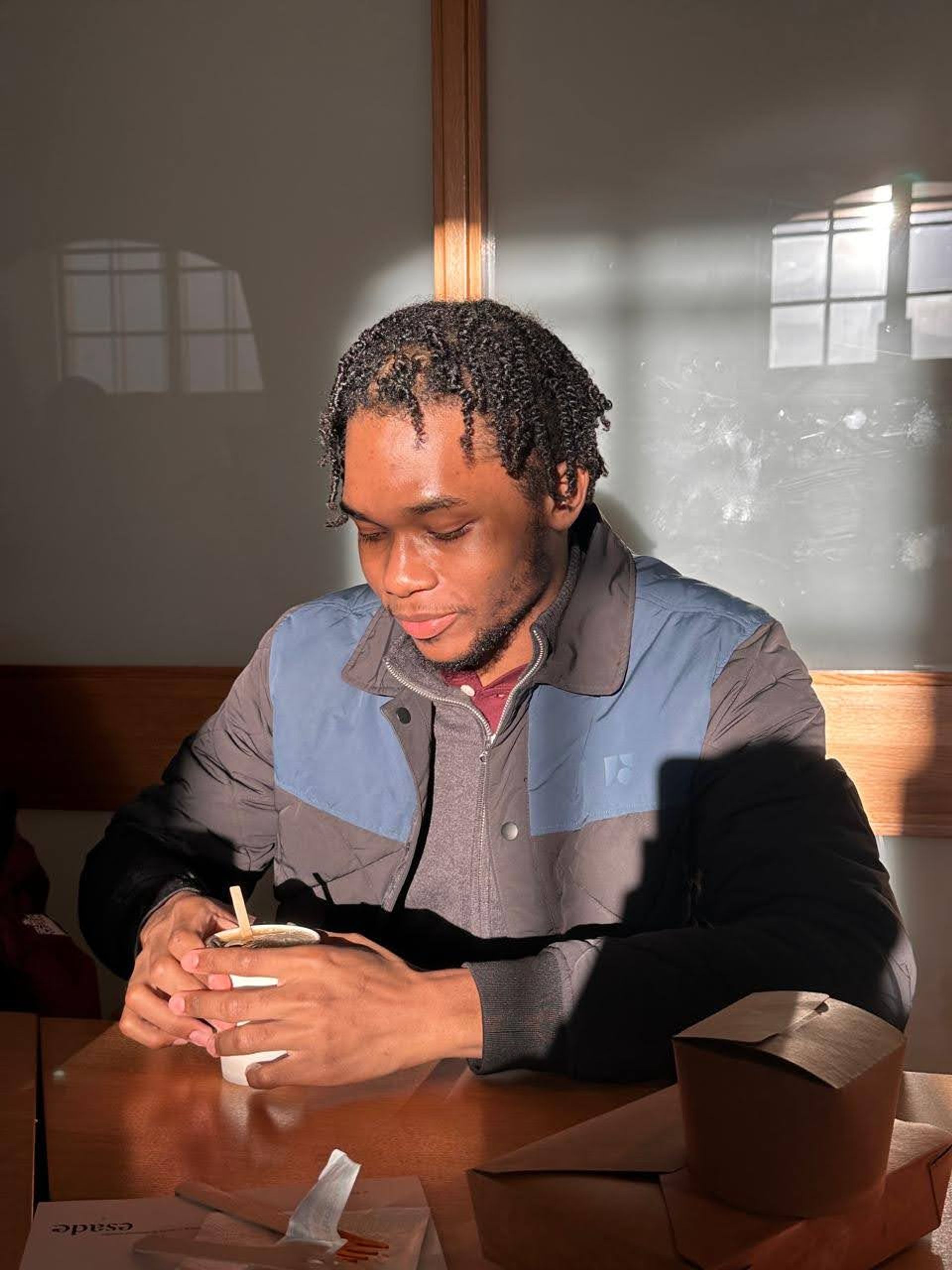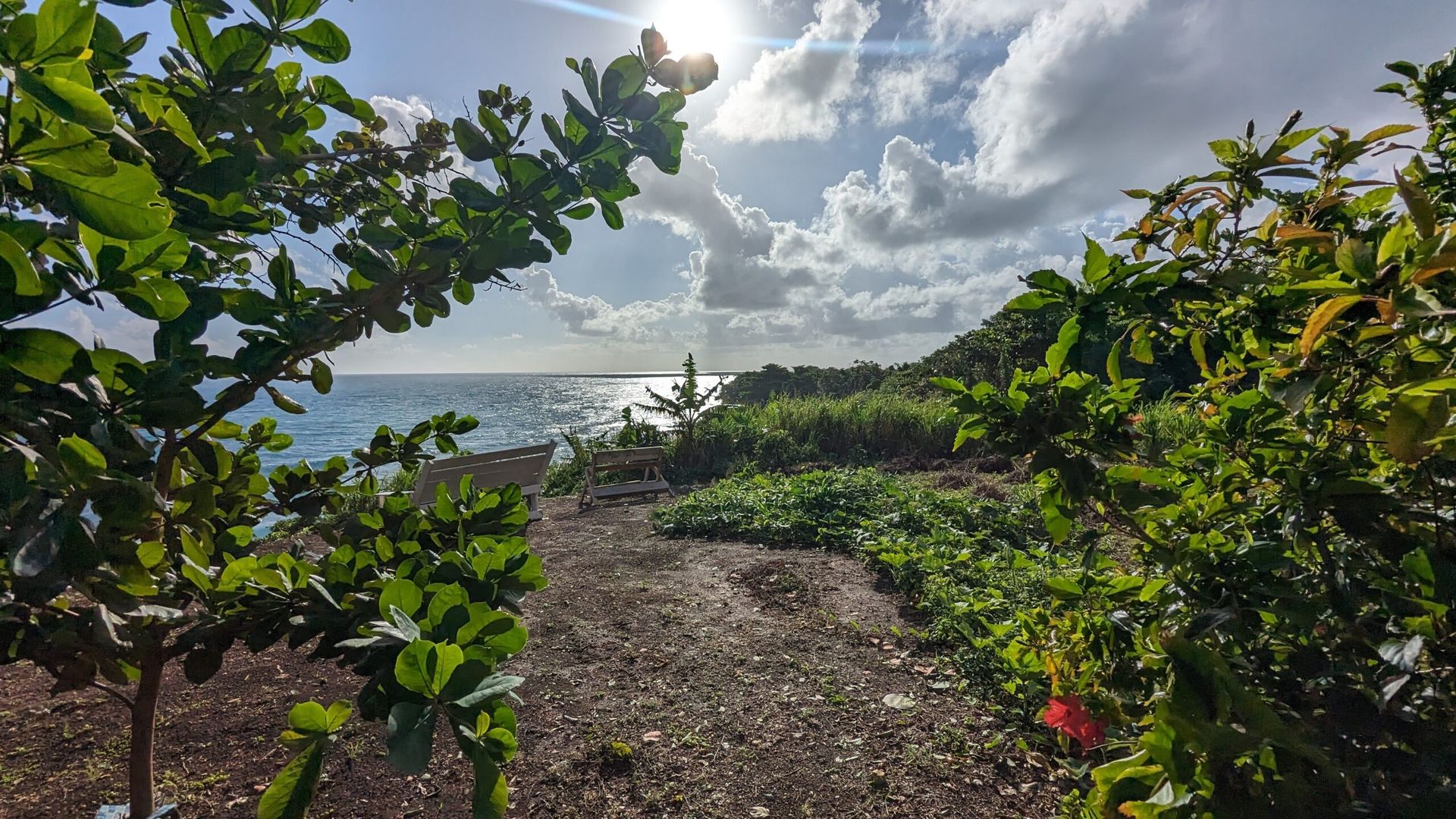
Written by Joshua
15 Nov 2024
A lot of people have no idea why some of us feel a sense of shame by being diversity scholars. That’s actually a really good thing! I mean, you have a scholarship to study, isn’t that enough? Sadly, the answer to that question does vary quite a bit depending on who you’re asking. Why is that?
Before coming to Sweden, I battled with the reality of being a diversity scholar. I told myself that there was nothing to be ashamed of, that I worked as hard or harder than everyone else, and that I truly deserved to get this opportunity. Despite my best efforts, there was always this lingering thought in the back of my mind, telling me that I somehow wasn’t worth it and that I needed to prove myself. The thing about being a diversity scholar is that some people assume, quite frankly, that you’re only getting assistance because of the colour of your skin or your country of birth, that you don’t really know what you’re doing, and that ultimately, you are undeserving of the opportunity which you got. Sadly, those feelings creeped into my mind and caused me to second guess myself a lot. For me, it wasn’t even a question of taking or not taking the scholarship, but I know that there are others who would leave a diversity scholarship behind. I wanted to take some time to talk about this, to shed some light on what it really means to be a diversity scholar, and why I think you should apply.
I’m actually writing this blog on October 21 which is National Heroes Day in Jamaica. That fact brought some things to the forefront of my mind, one of which was why we have national heroes in the first place. Jamaica has 7 people who fought and died for our nation, upon whom we have seen it fit to bestow the Order of the National Hero. From organizing island wide revolts of thousands of slaves, to marching barefoot for miles in protest, to saving slaves from the plantation system, Jamaica’s national heroes were people who risked their very existence for basic rights that millions of people were denied for hundreds of years. Believe it or not, those rights and that sense of human equity is still something that we are on an urgent quest for today. That actually has a lot to do with why diversity scholars like me exist in the first place.
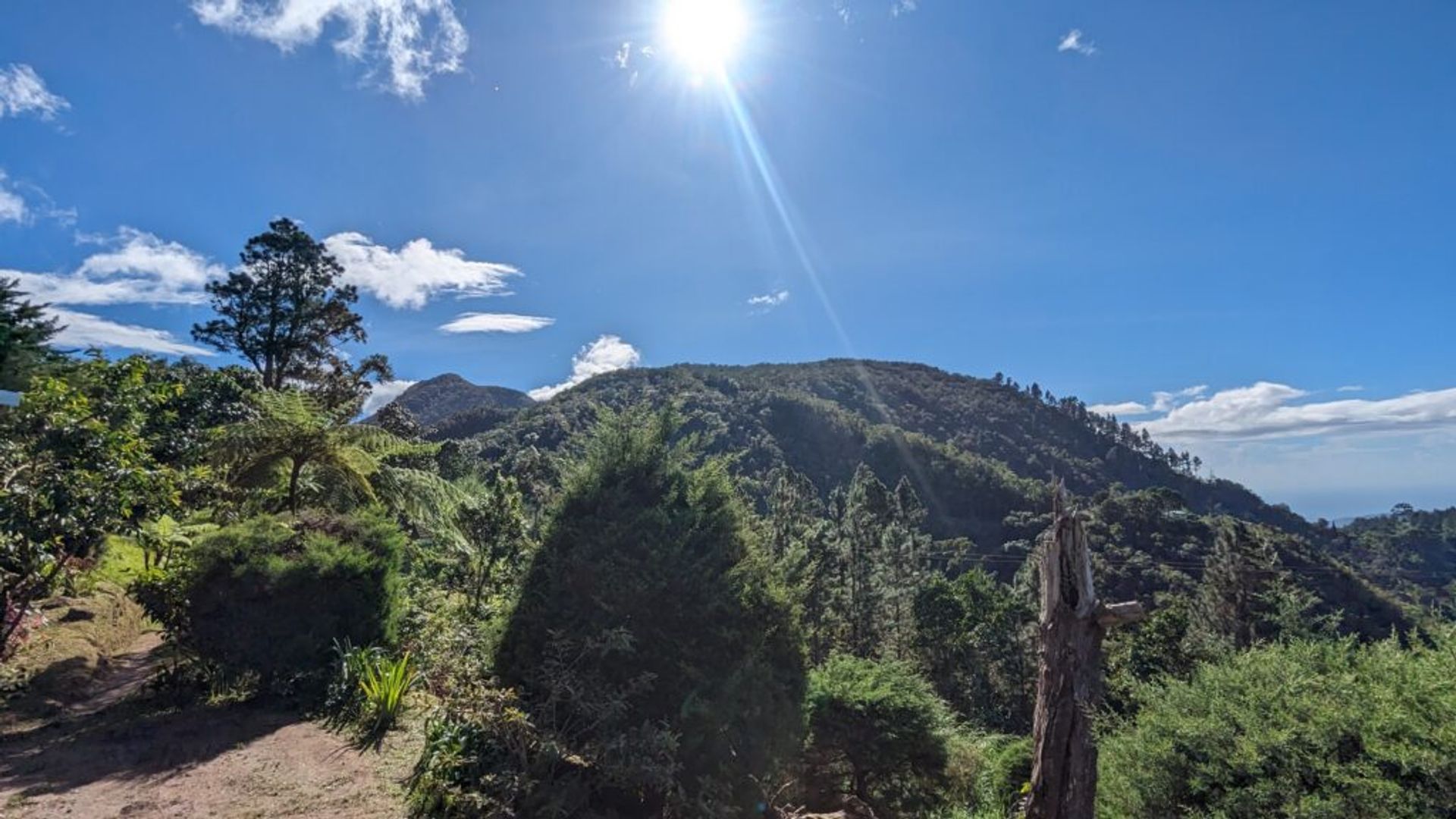
What people don’t see
People sometimes forget that we are diverse for a reason. I’m not going to lie to you, coming to Sweden as a black man was jarring, full stop. I don’t see very many people who look like me, especially in a university setting. The fact of the matter is that there are not many of us, and if you are considering studies here as a black person, it is a reality that you must get used to. There is a reason why this is the status quo though. For a long time in the not-so-distant past, many people who looked like me were denied the rights and freedoms that so many others were accustomed to. I’m sure you’ve guessed by now, but this is the part where I start to talk about the s word. Jamaica, like so many other countries, was a major stop in the transatlantic slave trade. In fact, Jamaica was home to the largest enslaved population in British America with almost 2 million slaves being imported to the island, more than 5 times that of the US south. For almost 400 years, since Christopher Columbus ‘discovered’ Jamaica in 1494, the island was under the complete control of European powers.
As much as we don’t want to talk about it, slavery is rooted into the realities faced by so many people today. There is a reason why you don’t find many black people studying in prestigious universities. It is because at a point in time, we could not even access primary education. There is a reason why it is so much more difficult for black people to afford higher education. It is the direct result of the draining of wealth from post-colonial societies like Jamaica. I come from a nation that was exploited for hundreds of years and left to rot in the harsh realities of the globalized world we live in today. We like to think that slavery and its effects only impacted people in the distant past, not realizing how far reaching the effects of the European occupation really were on so many people today.
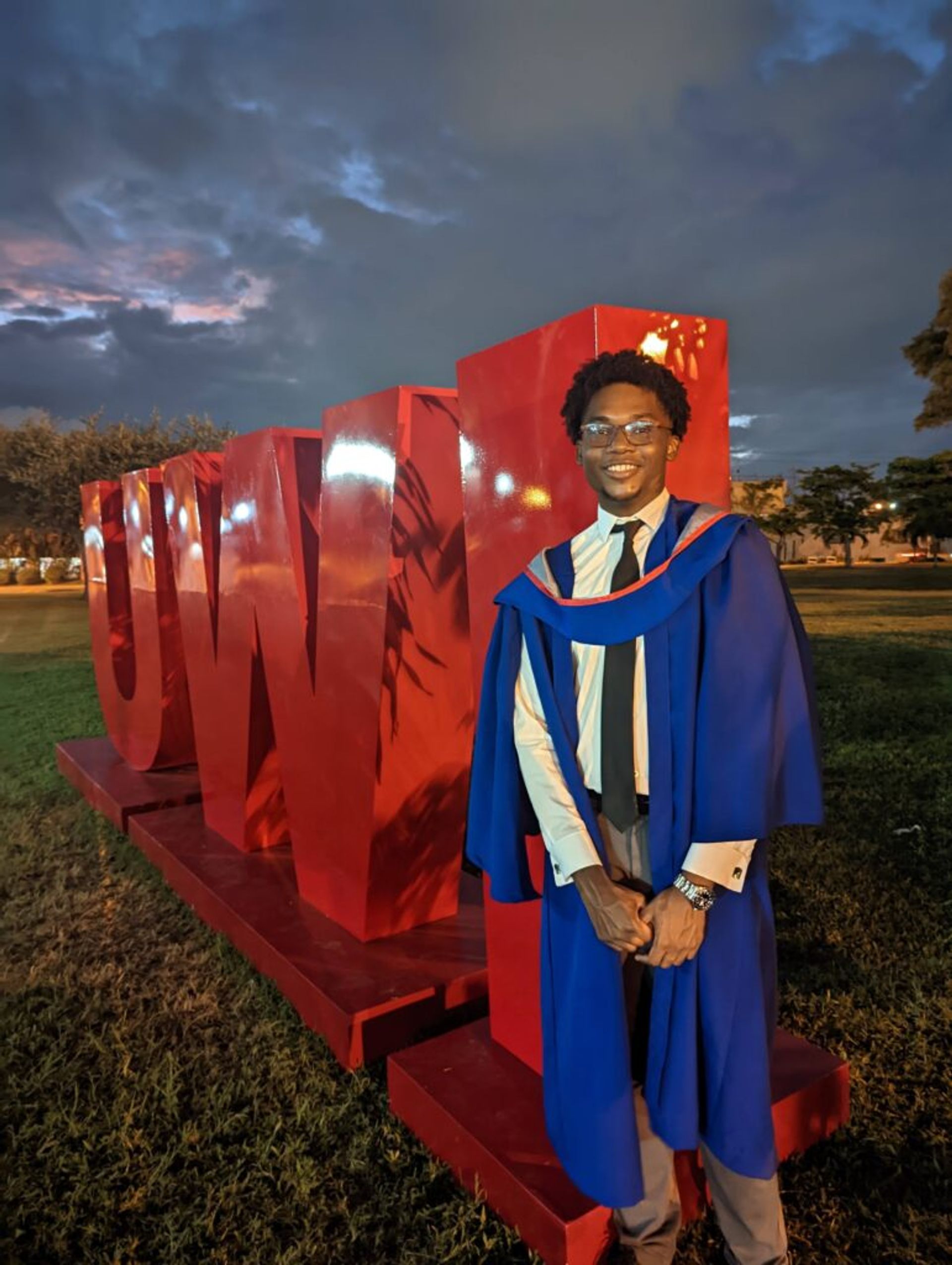
Who do Diversity Scholars represent?
There are so many stories of people all over the world who simply don’t have equal access to things as unifying as education. It is for that reason that diversity scholars like us exist. I get to stand on the shoulders of the heroes who fought for my freedom, and represent millions of people who have been forced to do without. That is a privilege I should never take for granted. What encourages me even more, is seeing people who come from similar backgrounds as me, speak up and make cultural change globally. Whenever I see Caribbean people like Kamala Harris (her father is Jamaican 😅), Shelly-Ann Frazer Pryce, Bob Marley, Usain Bolt, Chronixx, Sean Paul, Shaggy, Rihanna on the world stage, I am reminded of the amazing strength of my people. Even when were dehumanized and made fun of, we proved just how powerful and influential we are, despite having to work twice as hard with a quarter of the resources.
Temilade Openiyi, known as Tems, a Nigerian singer and songwriter, in her newest album, composed a song called Voices in My Head. In the song, she played what seemed to be a series of voice notes from friends describing what they thought of the times we are living in. One says:
“They ask you to do, there’s a purpose to you doing it
And the purpose is that, the people that are out there demoralised
But also want the good in the world to win
(But they) Have to see examples of the good in the world
Because, guess what
All we see every day are examples of the other side, examples of the evil”
I believe we are part of the good in the world. Diversity scholars represent singular opportunities given to millions of unrepresented people. There is so much out there for us to say and to do. We have so many lives to uplift, so many stories to re-tell and re-shape. Just like the 7 national heroes of Jamaica, the fate of millions of people relies on people like us, getting up, going out and working to find solutions to the problems of the millions of ‘invisibles.’ If that means I have to take a little help, help that we should’ve gotten hundreds of years ago, I certainly will.
Now, I’m talking to you, that coloured girl or boy, that indigenous person, that religious minority, that refugee. Apply for the scholarship. You are worth it. You deserve it. The people who fought for us, fought to ensure that you had opportunities like this. Don’t make the words and feelings of ignorant people impact the way you show up for your people.
